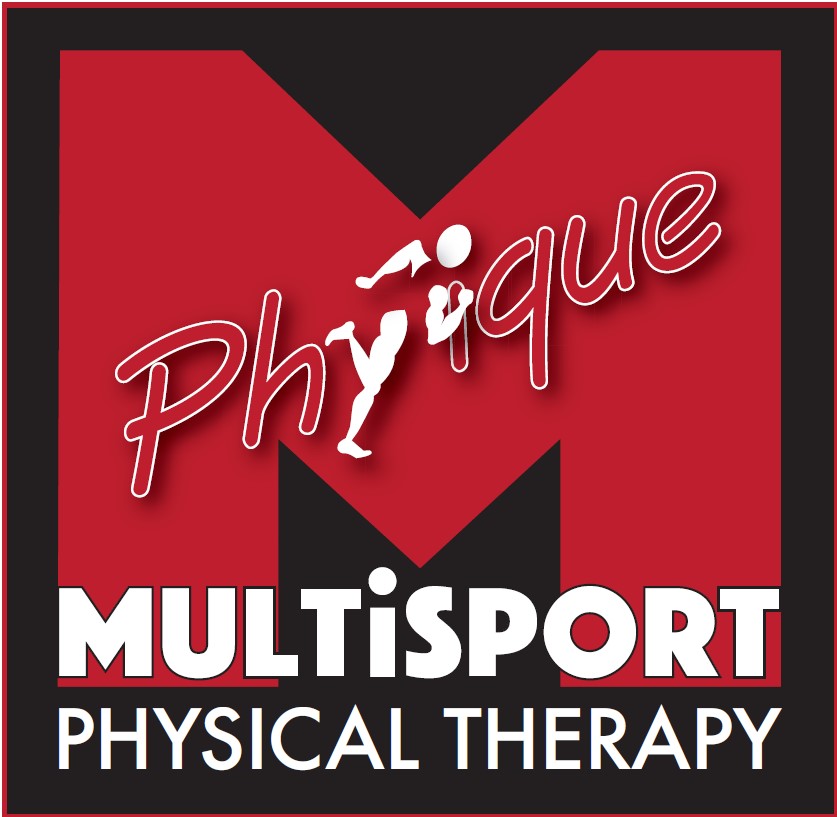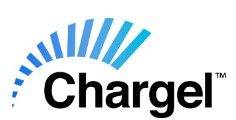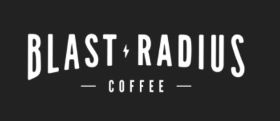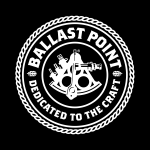Patrick Rezzo

Sometimes I think it may be tough to find “a good interview” for this column, but there are so many good stories in the Tri Club of San Diego. This was my first chance to get to know Patrick Rezzo and I thoroughly enjoyed his story. Read on to meet Patrick and I know you will cheer loudly for him in Kona this October.
CZ: What is your background in sports and how did that lead to triathlon?
PR: I played baseball in high school and then played rugby throughout college. Before getting into triathlon, I never did any organized swimming or running, although I went through streaks during college and afterward when I was really into cycling, at least at a recreational level. After graduating from law school in 1996, the sedentary life took hold of me and I became really out of shape, topping out at darn-near 300 pounds at one point. Indirectly, this is what led to triathlon. I was so heavy that my knees could not take running as means of getting back into shape, so Joann and I bought a stair-climber for the garage. A short time later, I was talking with a couple of buddies from work. One of them had just bought a treadmill and the other had a new rowing machine. As a joke I said that the three of us should have the "triathlon" of home fitness equipment. About an hour later one of the guys came back with the idea of training for a real triathlon, and the rest is history. As I tell this story I realize how geeky it sounds. Maybe I should just go with, "I was watching Julie Moss crawl to the finish line in 1982..."
CZ: Have you ever done an Ironman distance triathlon?
PR: No, Hawaii will be my first Ironman, a real baptism of fire. My longest race so far was the Ralph’s California Half Ironman this past April. I am a relative newcomer to triathlon and do not have an endurance sports background (or an endurance sports body), so my only goal at the Cal Half was to finish, which I did in a relatively unimpressive 6:57. Although I was moving slowly, as I crossed the line in Oceanside I thought to myself that I could not run another twenty yards, let alone go twice that distance. Of course, I found out a few days later that I won a lottery spot to Kona. My perspective changed real quickly.
CZ: What prompted you to apply for the lottery?
PR: Last December I asked myself whether I would train for and try to do Kona if somebody told me I had a spot. My answer was "heck yeah!" At my speed, the only way I would get a spot is through the lottery, so that made the decision easy. I also planned to stay in this sport over the long haul, and I thought that if I were to decide to enter the lottery next year or five years from now, I would regret not having entered before. I know that there are many veteran triathletes who have been trying for a lottery spot for years and years. Believe me, I appreciate how fortunate I am.
CZ: How did you learn that you won a lottery spot?
PR: Actually, I found out about it on live television a few days before the lottery results were posted on the Internet, and it was a huge surprise. Apparently, the Ironman marketing folks contacted my wife Joann on the Monday after the Cal Half. The two of them, with the help of sombody from work, put together quite a ruse. On Tuesday, one of the partners in the law firm I work for (Sheppard Mullin) told me that Channel 10 Morning News wanted to do a story about all of the pro bono legal work that the lawyers at my firm donate to those in need, and he asked me to do the interview that Friday.
When I went down to the station, I was chatting with the news anchors Bill Griffith and Leonard Villarreal as I was being hooked up to the microphone during the commercial break, and when they asked me what I do for fun, I told them that I like to participate in triathlons. When we went live, they asked a couple of questions about our pro bono legal work, then Bill Griffith mentioned that I participate in triathlons, which I did not think was too odd because we were just talking about it off the air. But then the triathlon questions kept coming. When he asked me whether I was going to do the "big race in Hawaii," I explained how difficult it is to qualify, and for those who don't qualify, how very few get in through a lottery. Then Bill Griffith told me that I was one of those lucky few and handed me a big bag of schwag from the folks at Ironman and Michelin. I was blown away, and the stupid look on my face on live television was proof of that.
CZ: Wow, what an absolutely great way to learn you got one of the coveted spots. Have you started training for Kona yet? If so, what workouts will be the key to your success at the big dance?
PR: I'm just finishing up the first six weeks of the Multisports.com 24-week Hawaii Ironman Training Program, and I am really liking it so far. In the program there is a key intensity workout in each sport during the week in addition to the various aerobic sessions, but for me the real key will be consistency, building slowly and steadily and resisting the urge to overdo it. I don't have the base of an athlete who has been doing endurance sports for many years, so I need to be smart about piling on the mileage. The Multisports program is really good about recognizing that you can't have a great race if you show up at the starting line injured or burned out.
By the way, before signing up for the Multisports program I contacted Paul Huddle, who was very generous with his time and advice in helping me to figure out what to do to get ready for Kona. I told him that I am a TCSD member and that you had an Ironman training group, which at that time I had not had a reason to check out yet. Paul Huddle said that you are a great coach and that TCSD is a great resource for workouts and experienced athletes. I must say that joining TCSD was one of the best decisions ever. Everyone is so helpful in offering advice and encouragement and I am truly grateful.
CZ: Well, far be it from me to disagree with Paul Huddle! What special challenges do you face as you try to conquer the Mount Everest of triathlon?
PR: When I really think about it, my life isn't any more complicated than most people's, and I'm just really fortunate to have the "burden" of trying to fit all of the training in. When I heard Willie Stewart speak at the last club meeting about his story and the stuff the Challenged Athletes Foundation is doing, it made me think that my challenge of preparing for Kona is not that monumental in the grand scheme of things. I also think about the challenge that my mom is facing. The day after I did the Cal Half, and a few days before finding out about the lottery spot, I found out that my mom had suffered a stroke. She lost all of the mobility on her right side. Despite being dealt such a blow, she has maintained an incredible attitude and is working hard every day to regain movement. Things like this are a source of motivation that I know I will draw upon, whether it is in training or during a rough patch out on the Queen K.
CZ: What will crossing the finish line at Ironman Hawaii mean to you?
PR: The slogan for the 25th Anniversary of the Hawaii Ironman is "Anything is possible!" Crossing the line on Alii Drive will prove to me that this is not just a slogan, but words to live by.
CZ: Patrick, on behalf of the Tri Club we thank you for sharing your story. We hope your mom has a complete recovery and that you have a great time dancing at the finish line in Kona.








